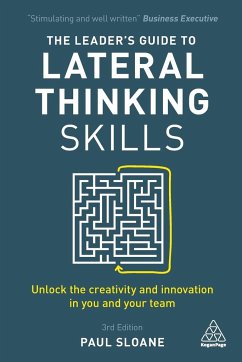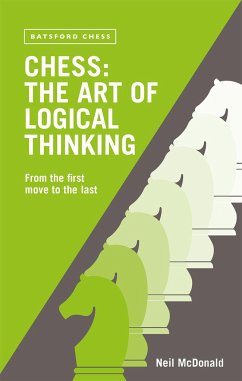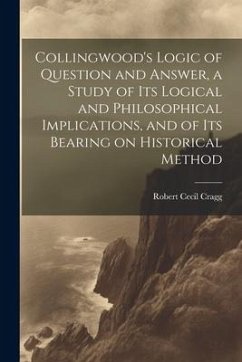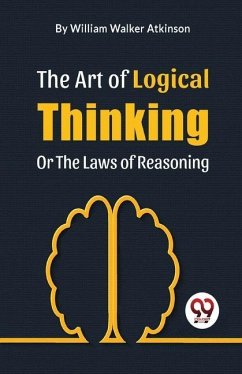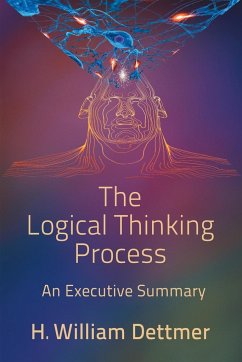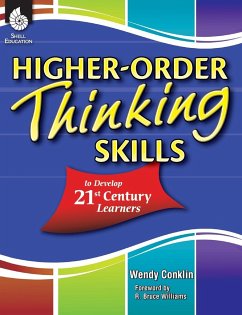
DOES MATHEMATICAL STUDY DEVELOP LOGICAL THINKING?
Versandkostenfrei!
Versandfertig in 1-2 Wochen
88,99 €
inkl. MwSt.

PAYBACK Punkte
44 °P sammeln!
"This book is interesting and well-written. The research methods were explained clearly and conclusions were summarized nicely. It is a relatively quick read at only 130 pages. Anyone who has been told, or who has told others, that mathematicians make better thinkers should read this book." MAA Reviews "The authors particularly attend to protecting positive correlations against the self-selection interpretation, merely that logical minds elect studying more mathematics. Here, one finds a stimulating survey of the systemic difficulties people have with basic syllogisms and deductions." CHOICE c...
"This book is interesting and well-written. The research methods were explained clearly and conclusions were summarized nicely. It is a relatively quick read at only 130 pages. Anyone who has been told, or who has told others, that mathematicians make better thinkers should read this book." MAA Reviews "The authors particularly attend to protecting positive correlations against the self-selection interpretation, merely that logical minds elect studying more mathematics. Here, one finds a stimulating survey of the systemic difficulties people have with basic syllogisms and deductions." CHOICE connect "The authors particularly attend to protecting positive correlations against the self-selection interpretation, merely that logical minds elect studying more mathematics. Here, one finds a stimulating survey of the systemic difficulties people have with basic syllogisms and deductions." CHOICE Connect For centuries, educational policymakers have believed that studying mathematics is important, in part because it develops general thinking skills that are useful throughout life. This 'Theory of Formal Discipline' (TFD) has been used as a justification for mathematics education globally. Despite this, few empirical studies have directly investigated the issue, and those which have showed mixed results. Does Mathematical Study Develop Logical Thinking? describes a rigorous investigation of the TFD. It reviews the theory's history and prior research on the topic, followed by reports on a series of recent empirical studies. It argues that, contrary to the position held by sceptics, advanced mathematical study does develop certain general thinking skills, however these are much more restricted than those typically claimed by TFD proponents. Perfect for students, researchers and policymakers in education, further education and mathematics, this book provides much needed insight into the theory and practice of the foundations of modern educational policy.





